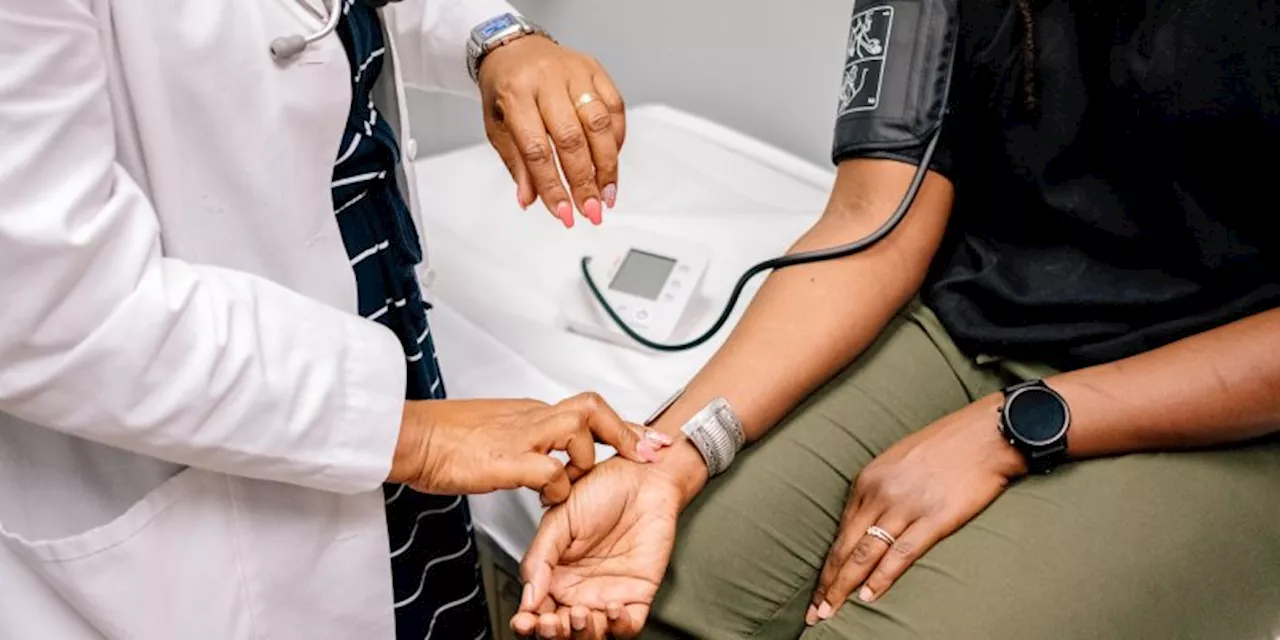A new study reveals a potential link between frequent hot flashes and a higher risk of cardiovascular disease in women.
People With Frequent Hot Flashes Are 50% More Likely To Get Cardiovascular Disease Marked by sudden overheating, sweating, flushed skin, a racing heart, anxiety, and even chills, hot flashes are arguably the most notorious symptom of the menopause transition.They’re incredibly common: 80% of people who undergo menopause experience vasomotor symptoms (VMS)—i.e.
, hot flashes and night sweats—an average of 4-5 times per day for approximately seven years, per the Obstetrics and Gynecology Clinics of North America. And for a lucky 25% of women in menopause, hot flashes are severe and last up to nine years (how fun).Despite how disruptive they can be, hot flashes have long been billed as a normal part of the menopause transition that doesn’t require medical intervention. (Though there are some treatments available to ease symptoms.)But according to a 2021 study from the Journal of the American Heart Association (JAHA), hot flashes are linked to an increased risk of cardiovascular disease (CVD), the leading cause of death for women. Here’s what the research found (plus, how you can care for your heart if you’re at risk). What do hot flashes have to do with heart health? Experts have long observed that for women, cardiovascular disease risk increases after menopause, following hormonal shifts and changes in body composition. The first year after one’s final period is marked by higher total cholesterol, LDL (aka 'bad' cholesterol), and apolipoprotein B (an oft-used biomarker for CVD risk).And while various demographic and behavioral factors have been studied for correlations, the 2021 JAHA study used data from the Study Of Women Across the Nation (SWAN), a multi-site longitudinal epidemiological study, and found that hot flashes may serve as another marker of CVD risk. What the JAHA study reveals about hot flashes and CVD risk The JAHA study followed over 3,000 women in their 40s and 50s over 22 year
CARDIOVASCULAR DISEASE HOT FLASHES MENOPAUSE HEART HEALTH RISK FACTORS
United States Latest News, United States Headlines
Similar News:You can also read news stories similar to this one that we have collected from other news sources.
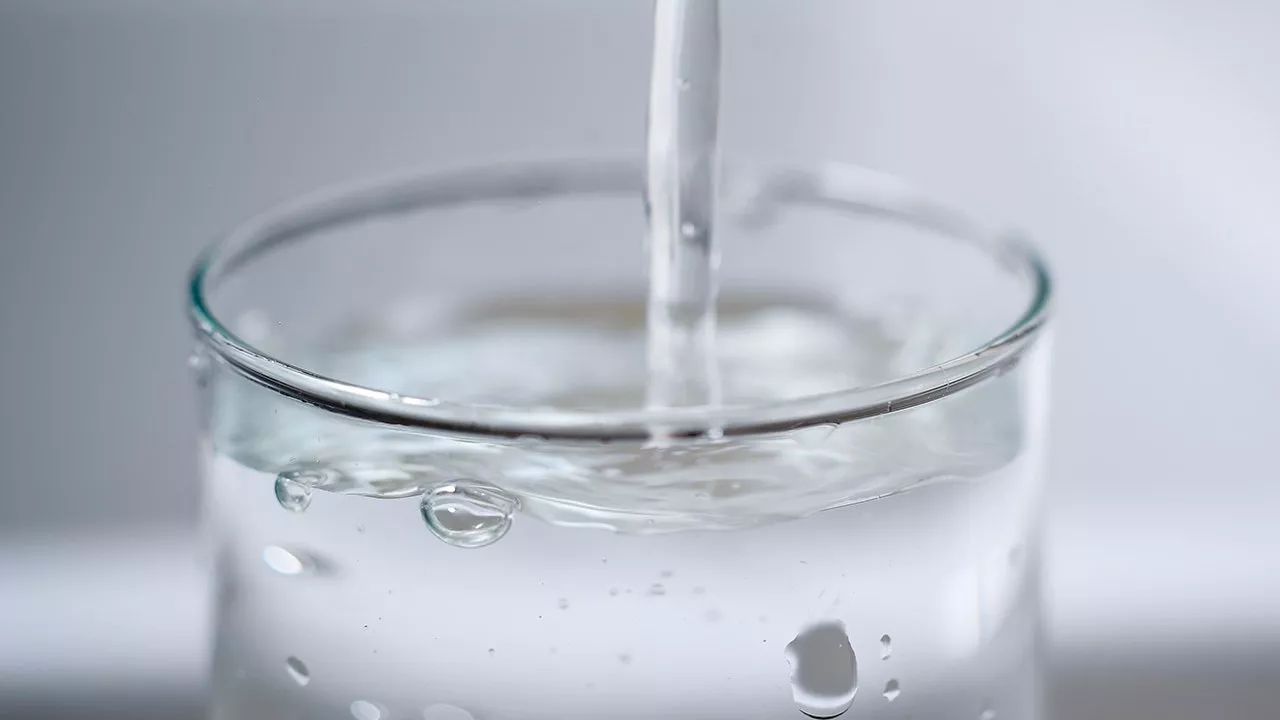 Increased Water Intake Linked to Health Benefits, Study FindsA new study from UC San Francisco reveals that increasing daily water consumption can lead to various health benefits, including weight loss and improved control of migraines, urinary tract infections, and diabetes. Researchers analyzed 18 randomized clinical trials to establish these findings, which were published in Jama Network Open on Nov. 25.
Increased Water Intake Linked to Health Benefits, Study FindsA new study from UC San Francisco reveals that increasing daily water consumption can lead to various health benefits, including weight loss and improved control of migraines, urinary tract infections, and diabetes. Researchers analyzed 18 randomized clinical trials to establish these findings, which were published in Jama Network Open on Nov. 25.
Read more »
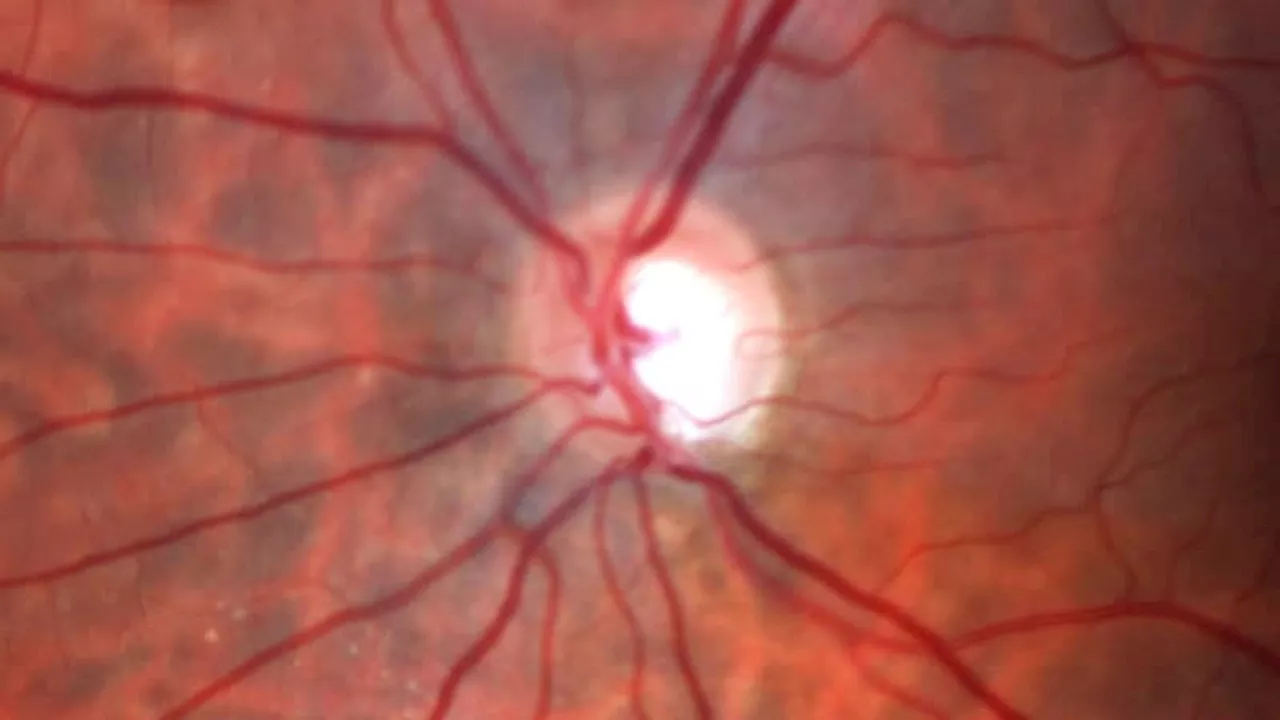 Statin Use Linked to Increased Glaucoma Risk in Observational StudyA new observational study suggests a possible link between statin use and a higher risk of glaucoma in adults with high cholesterol. While previous studies have shown mixed results, this analysis of the All of Us Research Program database found a 47% increased prevalence of glaucoma among statin users.
Statin Use Linked to Increased Glaucoma Risk in Observational StudyA new observational study suggests a possible link between statin use and a higher risk of glaucoma in adults with high cholesterol. While previous studies have shown mixed results, this analysis of the All of Us Research Program database found a 47% increased prevalence of glaucoma among statin users.
Read more »
 Doctors Share the No. 1 Way to Relieve Menopause Hot Flashes NaturallyFerozan has over 20 years of experience writing and editing in the health and wellness sphere. She has worked as a writer, science journalist, editor, brand consultant, and podcast producer. Her work includes contributions to leading platforms such as Eat This, Not That!, Everyday Health, Livestrong, Elysium Health, and Headspace.
Doctors Share the No. 1 Way to Relieve Menopause Hot Flashes NaturallyFerozan has over 20 years of experience writing and editing in the health and wellness sphere. She has worked as a writer, science journalist, editor, brand consultant, and podcast producer. Her work includes contributions to leading platforms such as Eat This, Not That!, Everyday Health, Livestrong, Elysium Health, and Headspace.
Read more »
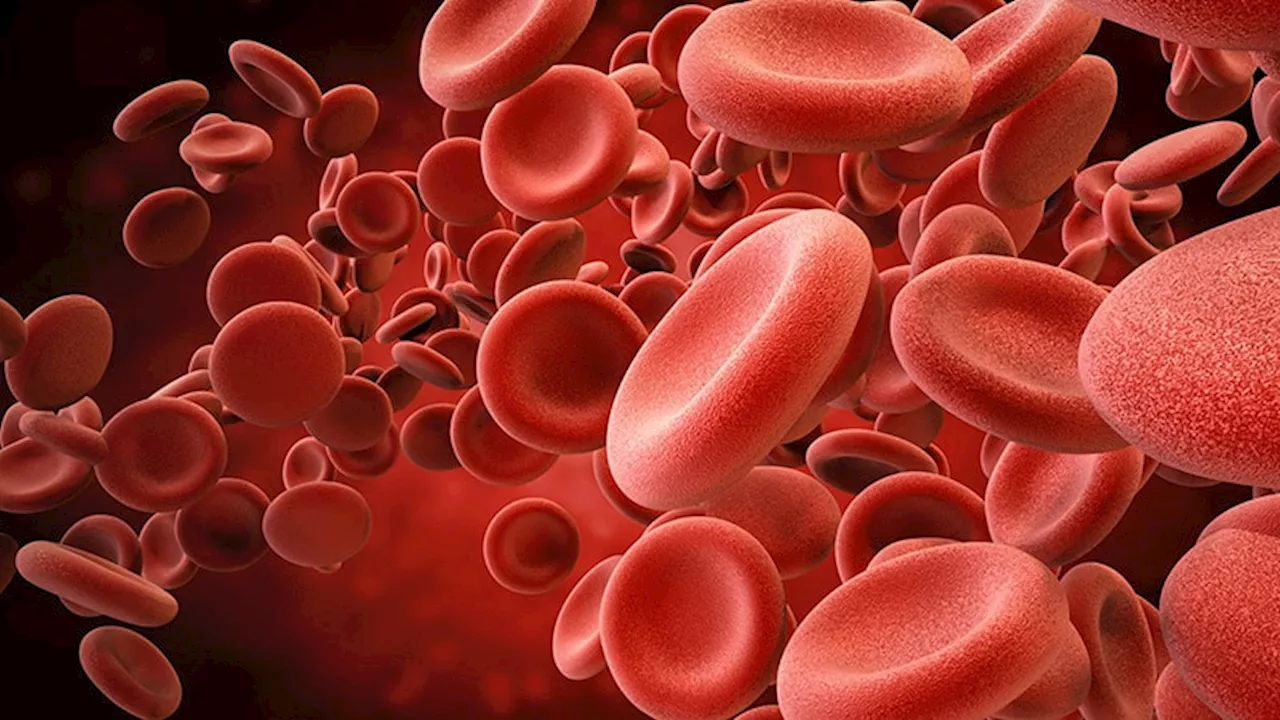 DOACs Not Linked to Increased Intracranial Hemorrhage RiskA new meta-analysis found direct oral anticoagulants were less likely than antiplatelet therapy to cause intracranial hemorrhage and reinforced adherence to current guidelines for managing atrial fibrillation.
DOACs Not Linked to Increased Intracranial Hemorrhage RiskA new meta-analysis found direct oral anticoagulants were less likely than antiplatelet therapy to cause intracranial hemorrhage and reinforced adherence to current guidelines for managing atrial fibrillation.
Read more »
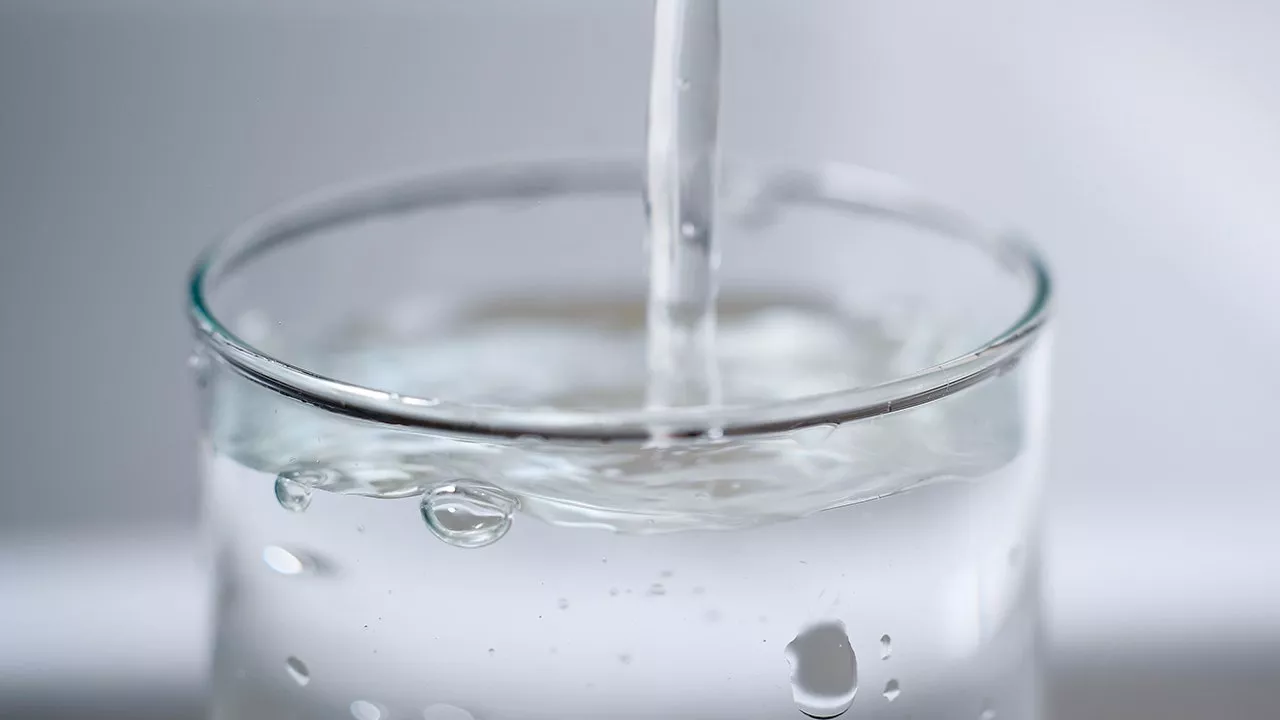 Increased Water Intake Linked to Various Health BenefitsA study from UC San Francisco finds that increasing daily water consumption can lead to significant health benefits, including weight loss, reduced risk of kidney stones, prevention of migraines, and better control of diabetes.
Increased Water Intake Linked to Various Health BenefitsA study from UC San Francisco finds that increasing daily water consumption can lead to significant health benefits, including weight loss, reduced risk of kidney stones, prevention of migraines, and better control of diabetes.
Read more »
 Family History of Mental Illness Linked to Increased Aggression in CTE PatientsA new study reveals a connection between a family history of mental illness and heightened aggression in individuals with chronic traumatic encephalopathy (CTE).
Family History of Mental Illness Linked to Increased Aggression in CTE PatientsA new study reveals a connection between a family history of mental illness and heightened aggression in individuals with chronic traumatic encephalopathy (CTE).
Read more »
